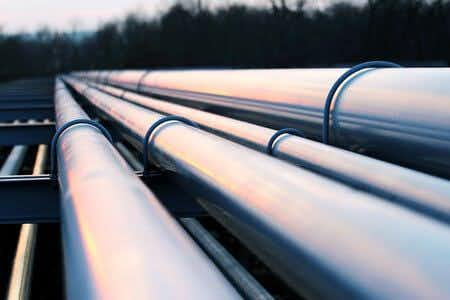This case involves a blast that occurred at a large petroleum refinery. At the time of the explosion, the plant was not operational and no petroleum products were being moved. Despite this, a reconstruction of the accident performed by The U.S. Chemical Safety Board determined that a likely cause of the explosion was a malfunctioning piece of equipment that was used to modulate flow rates of liquid and / of gas substances as they traveled through the facility’s piping. In order to augment this reconstruction, an expert in the chemical processes behind refinery explosions and fires was requested to determine how the accident most likely transpired.
Question(s) For Expert Witness
1. Please describe your chemical engineering experience with regards to petroleum products.
Expert Witness Response E-069892
I have provided safety consulting to many high hazard chemical and petrochemical operations since 1972. I have been to (and worked on) many refineries, chemical plants, ammonia plants, natural gas separation operations associated with upstream oil recovery, and gas accumulation operations (prior to pipeline distribution). I also worked on oil and gas extraction operations which used knock out pots to separate liquids and gasses. I have reviewed many process safety concerns associated with natural gas. I have also been involved in safety analysis of water "slug catchers" knock out drums that were upstream of compressors. If an incompressible liquid enters the suction of a reciprocating gas compressor, it will cause the compressor to self-destruct. These are common to many gas processing industries. A plant has an obligation to inform any contractors of any inherent dangers, to train their personnel in the general hazards of flammable liquids and gas tanks, and to inform and oversee the contractors use of any of the lockout, purging, and tagout of equipment. Petroleum products under pressure cause a difficult fire to control, and it creates an explosion hazard from vapor clouds and jet fires that have a tendency to cause the failures of adjacent vessels. Depending on the quantity released, the destruction zone can be many hundred feet. As an engineer in the process safety field, I am very aware of fires, and methodologies to mitigate losses.
About the author
Joseph O'Neill
Joe has extensive experience in online journalism and technical writing across a range of legal topics, including personal injury, meidcal malpractice, mass torts, consumer litigation, commercial litigation, and more. Joe spent close to six years working at Expert Institute, finishing up his role here as Director of Marketing. He has considerable knowledge across an array of legal topics pertaining to expert witnesses. Currently, Joe servces as Owner and Demand Generation Consultant at LightSail Consulting.



